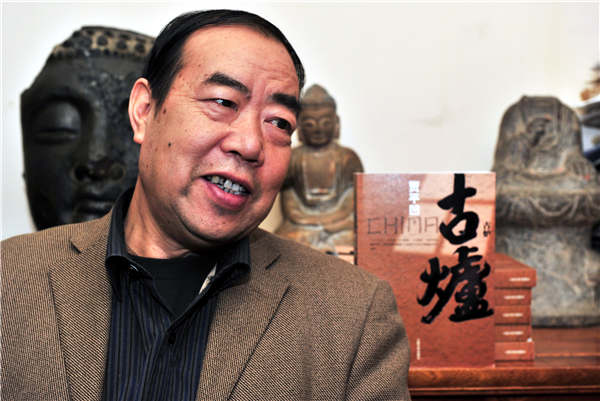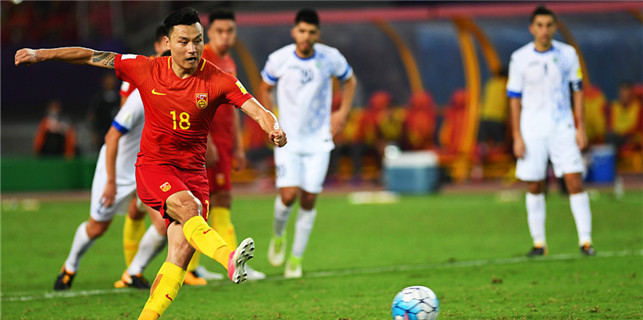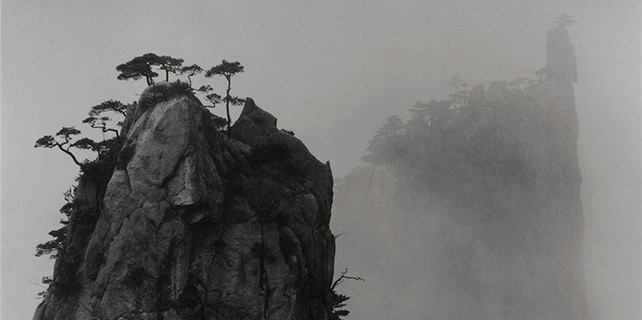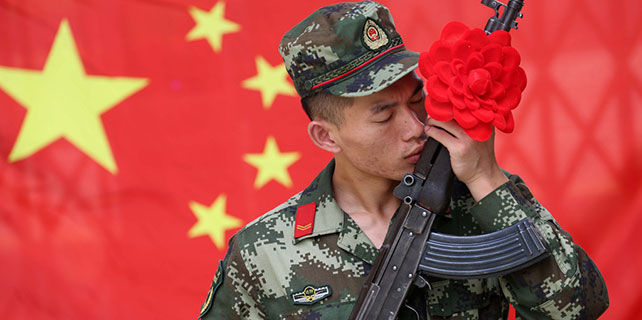Hard lives, big dreams
 |
|
Jia Pingwa [Photo provided to China Daily] |
You said in a previous interview that in principle you are a countryman, a ghost from the countryside that wails in the city. Why?
I was born in the countryside. Life in the rural areas is still much harder compared with in city. Now things are getting a little better.
However, when young people from the countryside arrive in cities-although from appearance, they look the same as young people growing up in cities-their minds are very different. And only they themselves know it.
The city is a platform, full of competition, uneven distribution of resources and unfair treatment. It is just like in the wild, pregnant leopards kill other animals' offspring to raise their own babies. It is cruel, but it is nature.
People all have their merits and demerits. But can these young migrant workers be treated fairly and thus live a better life? As I come from a village, I can sense the emotions involved in the lives of migrant workers.
You once said that local literature about the rural areas in China will not be the mainstream direction any more. What do you think will be the future mainstream direction for Chinese literature?
Local literature about the rural areas will not be the mainstream literature in China any more due to China's urbanization. For example, in the two more-developed provinces of Zhejiang and Jiangsu, there used to be rural areas, but now they have turned into towns. And life in towns is different from that in the countryside. But urbanization is a slow process, and China still has a lot of rural areas in the west, northwest, northeast and southwest. So local literature about life in those areas will continue to dominate.
How do you resolve the plight of migrant workers represented by Liu Gaoxing?
Migrant workers represented by Liu Gaoxing in Happy Dreams were the first-generation migrant workers. The situation they faced in cities has changed.
Now there are very few young people in rural areas. Even if they do not work in cities, young people from the countryside will still drift to the cities, doing any kind of work and making some money that they use up very soon. The first-generation migrant workers still have emotional ties with the land, so they want to go back to their hometown, just like Wu Fu in Happy Dreams. However, the second-and the third-generation migrant workers have very few ties to the land but neither can they identify with the cities. So they just drift, which is a worse problem.
Young people growing up in cities seem to pay more attention to cities. How are young-generation writers different from older generations?
I arrived in the big city of Xi'an from the countryside. But my kids grew up in Xi'an. Without living a rural life, my daughter cannot pay much attention to the countryside. If she writes, mostly she will write about the urban life she is familiar with. It is impossible to write deep things even after doing a lot of research if you are not familiar with things. Now young people are capable only of writing about cities.
So will this create a new direction for Chinese literature?
The direction of Chinese literature will change. However, no matter what young people write, it is all about people. Rural areas or cities, it is just the change of the surroundings, the stage, the backdrop. But the performance stays the same. It's the same with stories of war and peace.
















